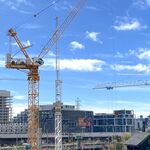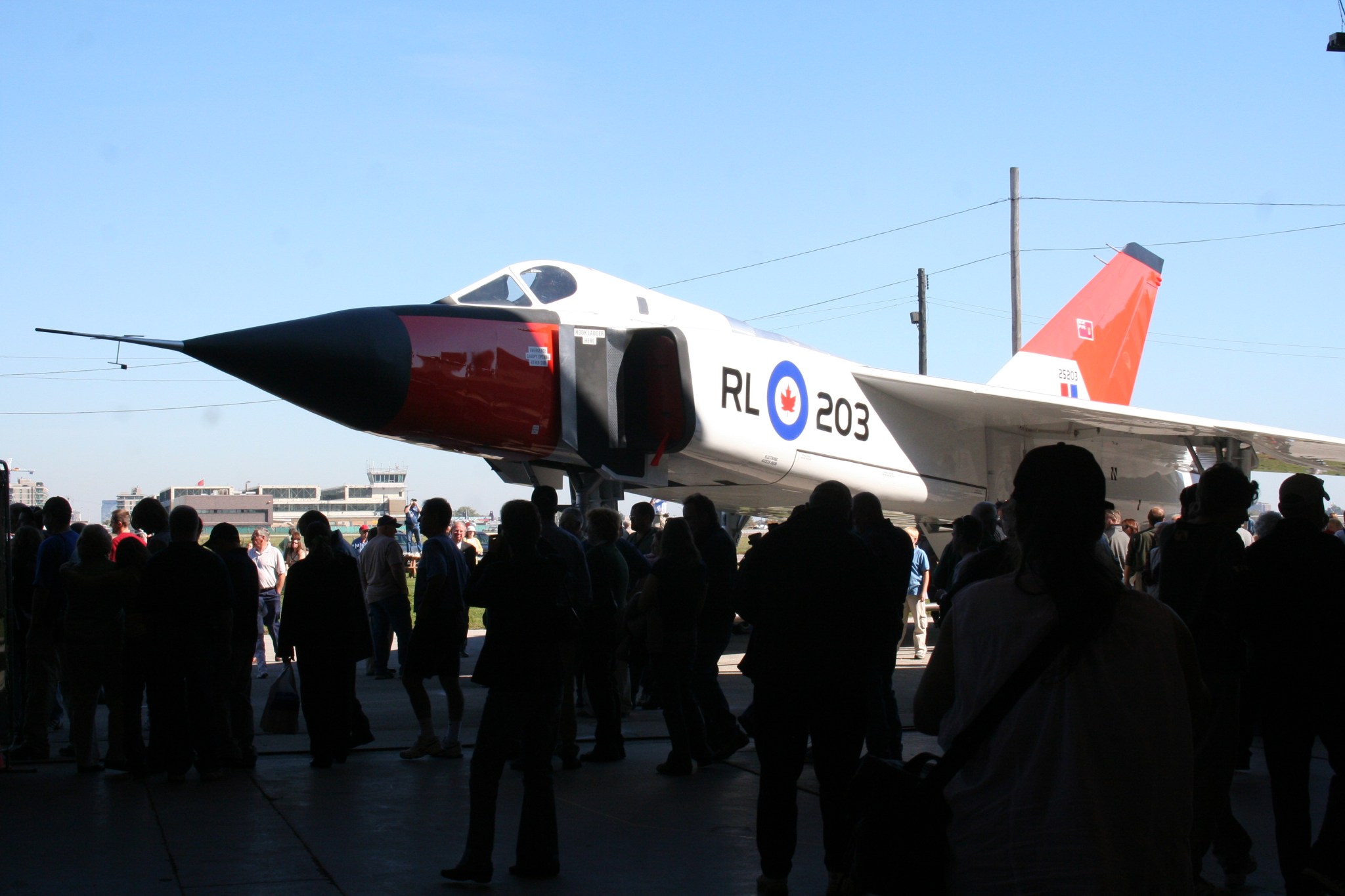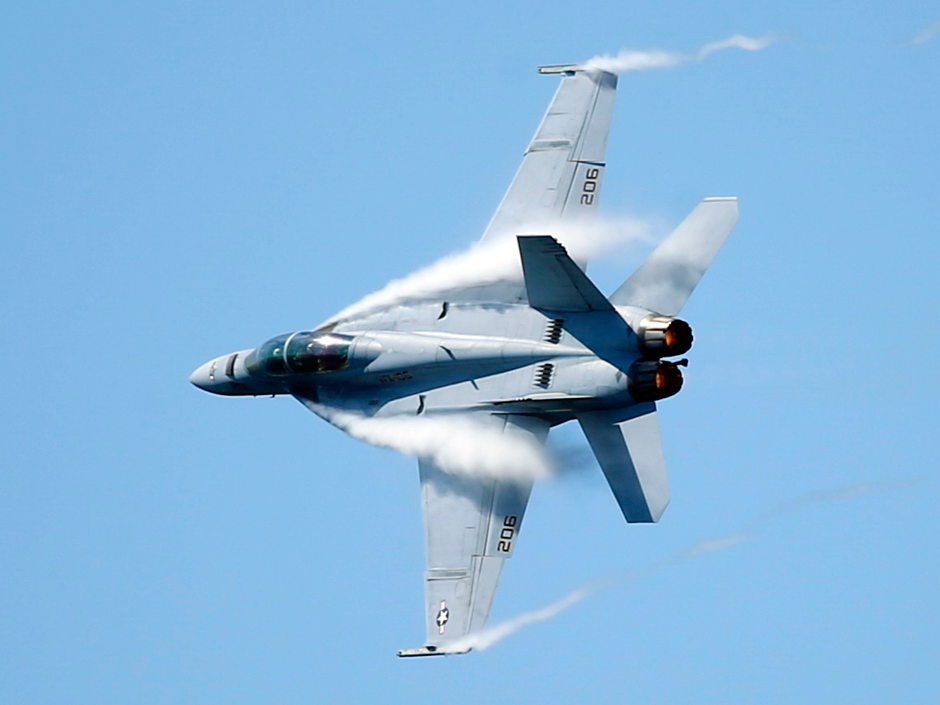Northern Light
Superstar
Let's see how this holds up in 30 years, given that Canada is forecast to be dead last in the OECD, in economic growth over that time period. And given that a ton of our prosperity over the last two decades was based on an unprecedented housing bubble in Canada and resource extraction that is killing the biosphere. Forget becoming like Scandinavia. We're on track to becoming a PIIGS country at this rate. The likelihood that the median Canadian falls behind the median American is very high if these trends hold:
But recency bias and the general Canadian smug superiority complex is hard to get over. So the average Canuck can't admit we have a problem. Add the partisan aspect to it too. I expect Liberals won't see any of these as economic problems till the second day of a Conservative government in office when all blame can be put on them.
You and I actually share the concern over current policy direction.
Lagging wage growth, and a housing bubble ponzi scheme are no way to foster long term prosperity.
Regrettably, we lack a federal party (well, among contenders for office, for now) willing to admit to the need for fresh policy in this area.
**
Let me add, being ahead of U.S. is never a reason for smugness, nor, for that matter is being number #1 in any given area.
Its a reason to compare yourself to best in the field, and the best you can be; and then refocus to raise the bar.
Last edited:






